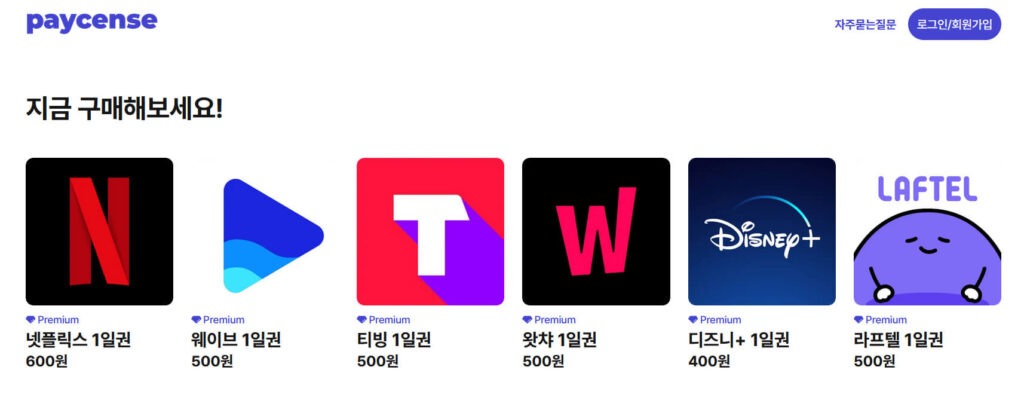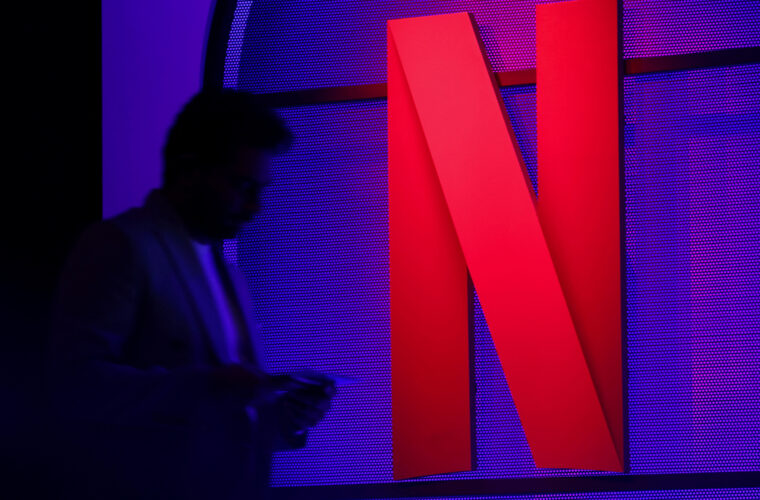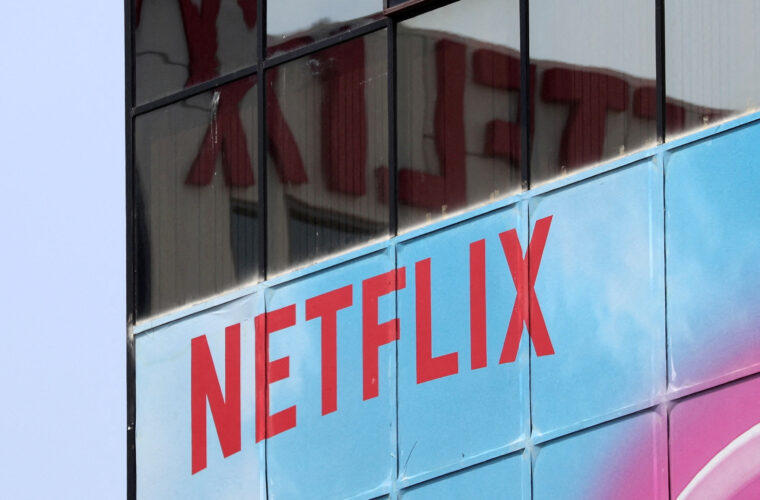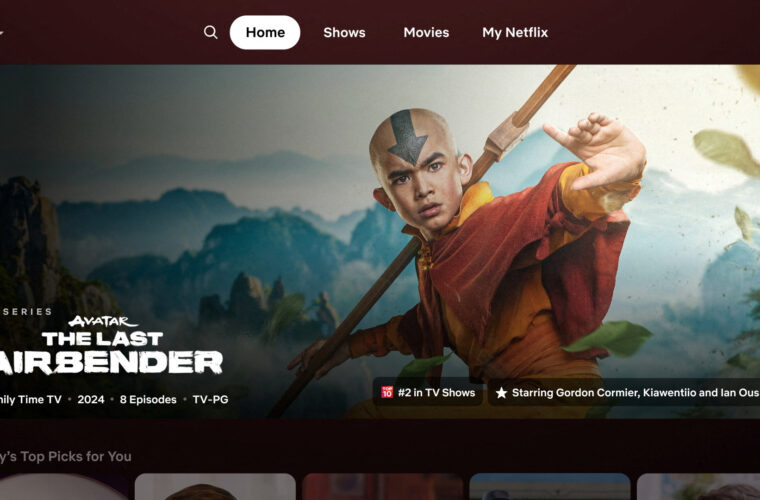Have you ever thought you are paying too many subscription fees for too many contents streaming services? Netflix, Disney Plus, HBO Max, Amazon Prime Video, Apple TV+, Hulu… These are only a few of the most prominent global players. And it seems like almost every country also has its local OTTs. So it’s no wonder some people prefer to share the password with friends or family. Among them, as always, there are a few that saw a business opportunity.
Password Sharing; A New Business?
Recently, password-sharing startups have emerged as a subject of debate in many countries. For their namesake, their business model entirely relies on sharing accounts of other services. The main idea is that the startup matches users with an active account to those without, so the subscriber can ‘resell’ the rights to watch content. This enables strangers to split the cost of the subscription.
Most OTTs have price plans that allow up to four people to watch content simultaneously. But in most cases, the programs are intended to be used with family members or roommates. Netflix, for instance, affirms that sharing a Netflix account is for people who live together in a single household. However, contrary to the original purpose, more than half of those who share passwords share outside of their households to pay less for the contents. Netflix estimates that about 100 million households are using the streaming service for free with a shared account when the paid subscribers are 221 million.
Until a few years ago, password-sharing was mainly done within the bounds of acquaintances. However, as the number of streaming platforms increased, more and more people began to look into ways to do quick and easy transactions with strangers, which led to a few startups building their businesses. People who want to avoid scammers also added to the demand.
There are several services that broker password sharing. UK-based ‘Together Price,’ Hong kong’s GamsGo, and Pickle Plus in Korea are such. Some even got investments from venture capitalists. Pickle Plus, which received 700 thousand dollars for Pre-A round investment in March, matches subscription holders to non-holders and collects a fee from each within the range of 0.4~0.8 cents. According to the startup, more than 5000 people use their weekly service.

Streaming companies encouraged password sharing at the beginning of their business. In 2017, Netflix posted “Love is sharing a password” on its corporate Twitter account. This was because it helped to propel the platform into popularity and increase the number of subscribers.
But things have changed now since it began to affect earnings negatively. Reed Hastings, chairman, and co-CEO of Netflix, recently pointed out that account sharing wasn’t a high priority to work on when Netflix was growing fast. In April, he said in the shareholder letter that Netflix’s “relatively high household penetration—when including the large number of households sharing accounts—combined with competition, is creating revenue growth headwinds.”
There’s even a ‘One-day Netflix Pass’
The password-sharing startups are becoming increasingly ‘sophisticated’ in their operation. Recently in Korea, a new service called ‘Paycense’ was launched that sells a ‘one-day streaming subscription’ of 6 significant platforms, including Netflix and Disney plus. Paycense does not require broker passwords between individuals but shares accounts directly owned by the company.
The price of one-day passes is about 400~600 won(0.3~0.5 dollars), depending on the streaming platform. Considering that Netflix’s monthly subscription fee in Korea costs 9500~17,000 won(about 7.5~13 dollars), it is undoubtedly an attractive price for those who want to watch a few shows in a short period. A rough calculation suggests that the company can earn up to 2400 won per day with one Netflix account. It is unknown how many accounts are owned by Paycense.
Piracy or Innovation?
The three biggest local streaming companies in Korea, Wave, Tving, and Watcha, have taken extraordinary measures against this startup. Each company has demanded that Paycense suspend the business. They also sent a proof-of-service sort of document to Paycense as an indication that they are willing to take the matter into a court of law. This is the first case in Korea where streaming companies have officially complained about password sharing.
It is unclear if password sharing is a sustainable business model. Some startups argue that they have every right to operate the way they do, and they are just meeting the legitimate market demand. They also claim that password sharing for commercial purposes might be a violation of the terms of service but not of the law. “There might be a civil dispute that can be dragged on for years,” said one venture capitalist to 4i-mag, “It would be very hard for each OTT platform to determine whether or not individual accounts are shared for money because password sharing with family and friends is already allowed.”



